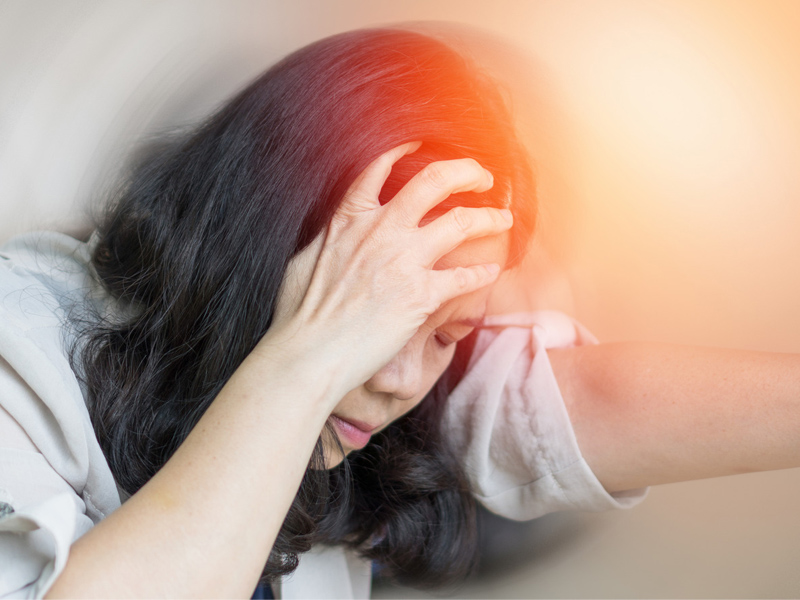
Stroke is a serious medical condition that occurs when blood flow to the brain is interrupted, either by a blocked or ruptured blood vessel. This can cause brain cells to die, leading to permanent brain damage or even death. There are two main types of stroke: ischemic stroke, which is caused by a blocked blood vessel, and hemorrhagic stroke, which is caused by a ruptured blood vessel.
The symptoms of stroke can vary depending on the location and severity of the brain damage. Common signs of stroke include sudden numbness or weakness on one side of the body, difficulty speaking or understanding speech, vision changes, severe headache, and loss of coordination or balance. Time is of the essence when it comes to stroke, as the longer the brain is deprived of oxygen and nutrients, the greater the risk of permanent damage. If you or someone you know is experiencing symptoms of stroke, it is essential to seek immediate medical attention.
Treatment for stroke typically involves emergency medical care to restore blood flow to the brain and prevent further damage. This may involve medication to dissolve blood clots, surgery to repair a ruptured blood vessel, or other interventions. Rehabilitation is also an important aspect of stroke care, as individuals may require assistance with physical, speech, or occupational therapy to regain function and improve quality of life. With prompt treatment and ongoing care, many individuals can recover from stroke and resume normal activities.